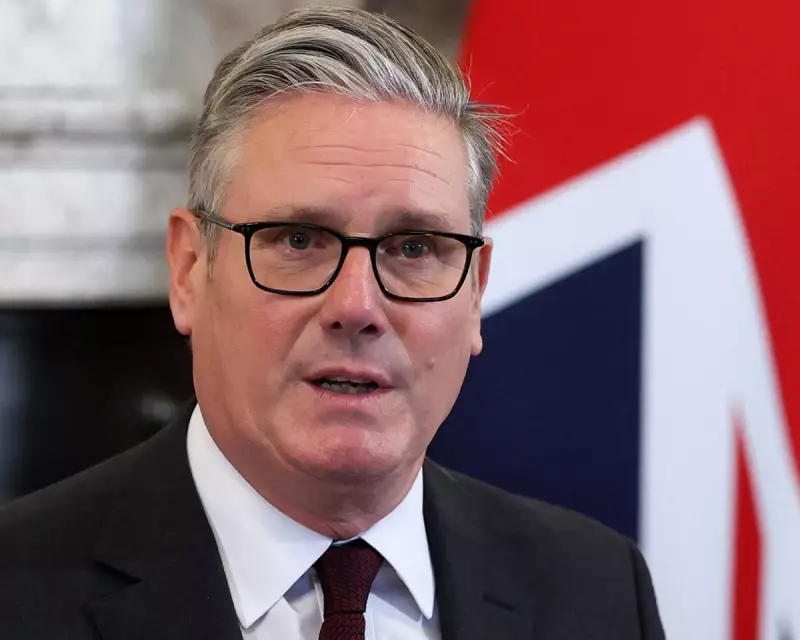
In a landmark foreign policy announcement that signals a dramatic shift in Britain's approach to the Middle East, Prime Minister Keir Starmer has confirmed the UK will formally recognise Palestinian statehood. The move comes amid intense international pressure over the ongoing humanitarian crisis in Gaza and represents the most significant change in UK-Israel relations in decades.
Historic Policy Reversal
Speaking from Downing Street, Starmer declared that recognition would be extended "when it most benefits the cause of peace" rather than at the conclusion of negotiations between Israel and Palestine. This positioning fundamentally alters Britain's longstanding diplomatic stance and aligns the UK closer to several European allies who have already taken this step.
International Diplomacy and Domestic Pressure
The decision follows mounting pressure from within Starmer's own party and from international bodies calling for decisive action to break the political deadlock in the region. Foreign Secretary David Lammy has been actively engaging with European counterparts to build consensus ahead of the expected announcement at the United Nations General Assembly.
Conservative Opposition and Political Fallout
The move has drawn immediate criticism from Conservative MPs, with former Prime Minister Liz Truss condemning the decision as "premature and dangerous." Opposition leaders argue that recognition should only follow successful peace negotiations, not precede them. This political division sets the stage for a contentious parliamentary debate when MPs return from conference season.
Humanitarian Crisis in Gaza
Starmer's announcement comes against the backdrop of continued violence in Gaza, where recent Israeli airstrikes have resulted in significant civilian casualties. The Prime Minister emphasised that while Britain remains committed to Israel's security, the ongoing humanitarian situation requires "new approaches and bold decisions."
What This Means for Middle East Relations
This policy shift positions Britain as a potential mediator in future peace talks but risks straining relations with Israel. The timing suggests Starmer is seeking to establish Britain as an independent voice in Middle Eastern diplomacy, distinct from both American and traditional European approaches.
The formal recognition process is expected to unfold through diplomatic channels over the coming weeks, with the government facing both international scrutiny and domestic political challenges as it implements this historic change in foreign policy.






